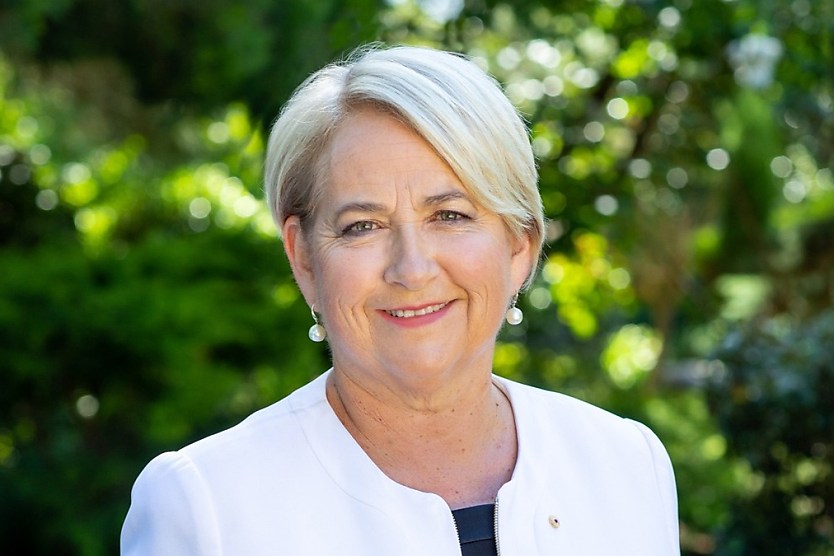Victoria’s WFH push should be rolled out nationally, Greens say
SHARE THIS ARTICLE

The Greens will push the Prime Minister to legislate the right to work from home for workers across the country for two days per week, saying it will increase productivity, following a recent plan unveiled by the Victorian state government.
As reported earlier this month by HR Leader, Victorian Premier Jacinta Allan has proposed legislation that would grant employees – in both the public and private sector – the right to work from home at least twice a week.
“Work from home works for families, and it’s good for the economy,” said Allan.
“Not everyone can work from home, but everyone can benefit. If you can do your job from home, we’ll make it your right – because we’re on your side.”
According to the Allan government, more than a third of Australian workers already regularly work from home, which saves them, on average, $110 a week or $5,308 every year.
The government believes it will cut down traffic congestion, open more opportunities for people with disabilities to work, and be good for business, with people who work from home often doing 20 per cent more hours than those who are working in the office full-time.
The proposal has been rubbished by the business and professional communities alike: Australian Industry Group’s Victorian head, Tim Piper, called it “pure political theatre”, the Council of Small Business Organisations Australia said it would “steamroll” small businesses, and legal experts labelled it “unusually crude”.
Research shows that WFH arrangements are now a “permanent and distinct” feature of Australian employment; however, legislating for it appears to be a bridge too far for some at this juncture.
Despite this, The Greens have unveiled a policy whereby employers would be required to positively consider reasonable requests to WFH at least two days a week, provided that WFH is not at odds with the inherent nature of a worker’s role.
Flexible work arrangements, the nation’s third-largest party argued in a statement, have enabled millions of workers, many of them women, to balance care responsibilities with paid work.
“Legislating the right to WFH, where it is sensible and doable, will not only protect women’s access to the labour market and economic equality gains, it will also increase workforce participation and ultimately boost productivity,” the party said.
Greens leader and spokesperson on women, Larissa Waters, said: “The Prime Minister supports Victorian Labor Premier Jacinta Allan’s push for legislating WFH two days a week. Now he has a chance to work with the Greens in federal Parliament to make this a reality for those Australians whose jobs it suits.
“We know that for millions of Australians, especially women, the ability to WFH provides the flexibility they need to balance work with the other important things in their lives, including care. Many men are also looking for this flexibility, and it will help them be more involved in care responsibilities, and reduce commute time and cost for workers everywhere.
“In the same way that the Greens worked with Labor to establish the very successful Right to Disconnect, we want to work together to establish a reasonable right to WFH that will increase productivity and flexibility in workplaces.
“Given that most workers in Australia are covered by federal workplace law, it makes sense to create this right at the national level. We need a sensible, national approach.”
Senator Barbara Pocock (pictured), who is the Australian Greens spokesperson for employment and workplace relations, said: “WFH is not possible in all roles but where it is practical, workers should have a reasonable right to WFH for up to a couple of days a week. They should not be at risk of having that right arbitrarily removed when it is working in practical ways that boost productivity and help workers.
“Women shouldn’t have to give up their careers to have a family. By improving WFH rights, we’re protecting women’s rights to work while caring for their families. This isn’t just a win for women, workers and families, it’s a win for our economy.
“The ability to WFH has many benefits, not only for women and carers – it also reduces the time spent on commuting, improves work/life balance, increases emotional and physical wellbeing, and boosts workforce participation and productivity.
“The Productivity Commission has found that WFH not only reduces breaks and sick days, it can be less distracting than working onsite, which can lead to improved productivity. Similarly, OECD research shows that WFH – especially in hybrid models – can boost productivity and employee wellbeing, provided businesses invest in digital tools and smart management practices.”
Jerome Doraisamy
Jerome Doraisamy is the managing editor of Momentum Media’s professional services suite, encompassing Lawyers Weekly, HR Leader, Accountants Daily, and Accounting Times. He has worked as a journalist and podcast host at Momentum Media since February 2018. Jerome is also the author of The Wellness Doctrines book series, an admitted solicitor in NSW, and a board director of the Minds Count Foundation.

